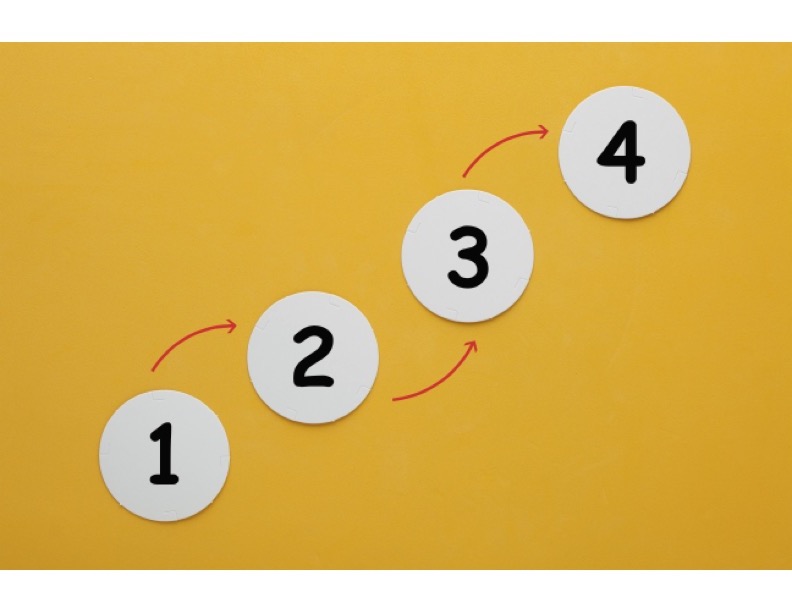Even though every call and interaction with a customer is going to be different, providing the agents in your call center with a script from which to work creates a rough structure that will move calls along toward a satisfactory conclusion. In addition to making sure the agent proceeds with empathy and listens intently to the customer, making sure that the apps they use most often are easily accessible from within the script will streamline calls and help eliminate lags that frustrate customers. Here are four processes that you should integrate into your agents’ script for your inbound call center.
Transaction Processing
Whether the primary role of your call center is customer service, scheduling, sales, or something else, your agents should always have the capability to complete transactions. After all, a customer may call with what they think is a simple question about their product, only to realize that they need to upgrade or change something in order to use it the way they want to. When these situations arise, agents should be able to access your transaction processing software from within the script so that they can smoothly complete the necessary steps and send the customer on their way with the products or services they require to meet their needs.
Customer Data Access and Editing
Anyone who has ever called a call center knows that at the beginning of a call they have to provide personal information to prove their identity. This allows the agent to see the customer’s history with the company, including which products or services they use, so that the agent is not trying to solve problems blind. If this data is not always kept up to date it will slow down and prolong calls. One of the easiest ways to ensure it is always updated and accurate is to allow your agents to access and edit the customer information database from within their script. Not only will this streamline calls, but it will also ensure the accuracy of valuable customer data.
Inquiry Logging
One of the most frustrating things for customer who call an inbound call center is having to repeat themselves—to multiple people over the course of a single call or to different agents across multiple calls about the same issue. To minimize this possibility, it is crucial that there is a space for agents to log updates and notes about a customer’s inquiry within their profile or history. This way, if a customer does need to call back more than once regarding a single issue, all the progress that has been made toward solving it is clearly logged in their customer file and the next agent can pick up where the previous one left off. If this process is not easily accessible from within the script, agents may decide to input data or make notes after a call is complete, which leaves open the possibility of forgetting important facts or neglecting to log the note all together.
Solution Searching
No matter how well-trained your agents are, they will not have the answers to every single problem off the tops of their heads. When they do need to search for a solution, you don’t want them to have to toggle out of the scripting interface and open another program that contains the solution. Whether it’s a search mechanism, a handbook or a guide, your agents should be able to get to it from within the script.
CallShaper’s dynamic scripting interface and robust integration capabilities guarantee that you can set up all these processes within your agents’ script. To learn more about how, request a demo today.


Leave A Comment